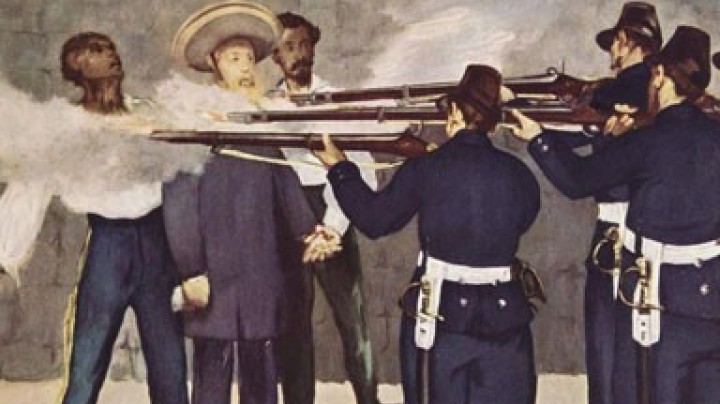‘To My Peoples’
When the Emperor wishes to justify a declaration of war, he writes an open letter to ‘his peoples’.
At the beginning of the First World War, Emperor Franz Joseph addressed his subjects in a manifesto bearing the title ‘To My Peoples’, which was printed in a special edition of the Amtsblatt der k. k. Reichshaupt- und Residenzstadt Wien (Gazette of the imperial-royal capital and residence city Vienna). With this text, the Emperor pleaded the case for the declaration of war against Serbia that had been made one day before, in the wake of the assassination of the heir to the Austro-Hungarian throne Franz Ferdinand in Sarajevo in June. The manifesto’s style is hardly surprising when one considers that it was part of the comprehensive campaign of propaganda launched to stoke enthusiasm for the war amongst the populace. The references, for example, to ‘beneficial peace work in Bosnia’ were intended to play down the violent conflicts that had taken place since the occupation of Bosnia and Herzegovina. War had to be declared in order to resist Serbia’s ‘criminal’ and ‘intolerable doings’. ‘I must therefore take prompt measures by force of arms,’ the Emperor declared, ‘to secure the pledges that will be indispensable to ensuring calm within my states and lasting peace without.’
These formulations make it clear to the present-day mind how the – consciously and unconsciously – blinkered view of political developments held by those in power led them into denial of the real situation. The cynicism of the Manifesto is particularly clear from the fact that the aged Emperor was not amongst those who took up arms and went into battle. He never set eyes on the theatre of war with all its dangers to life and limb.



















